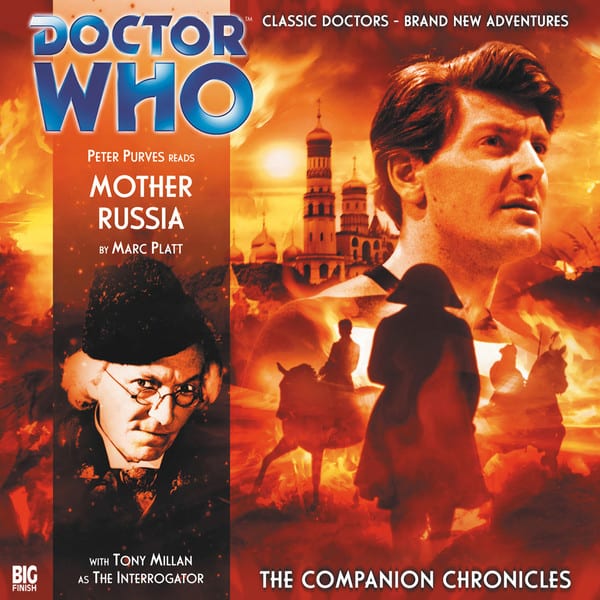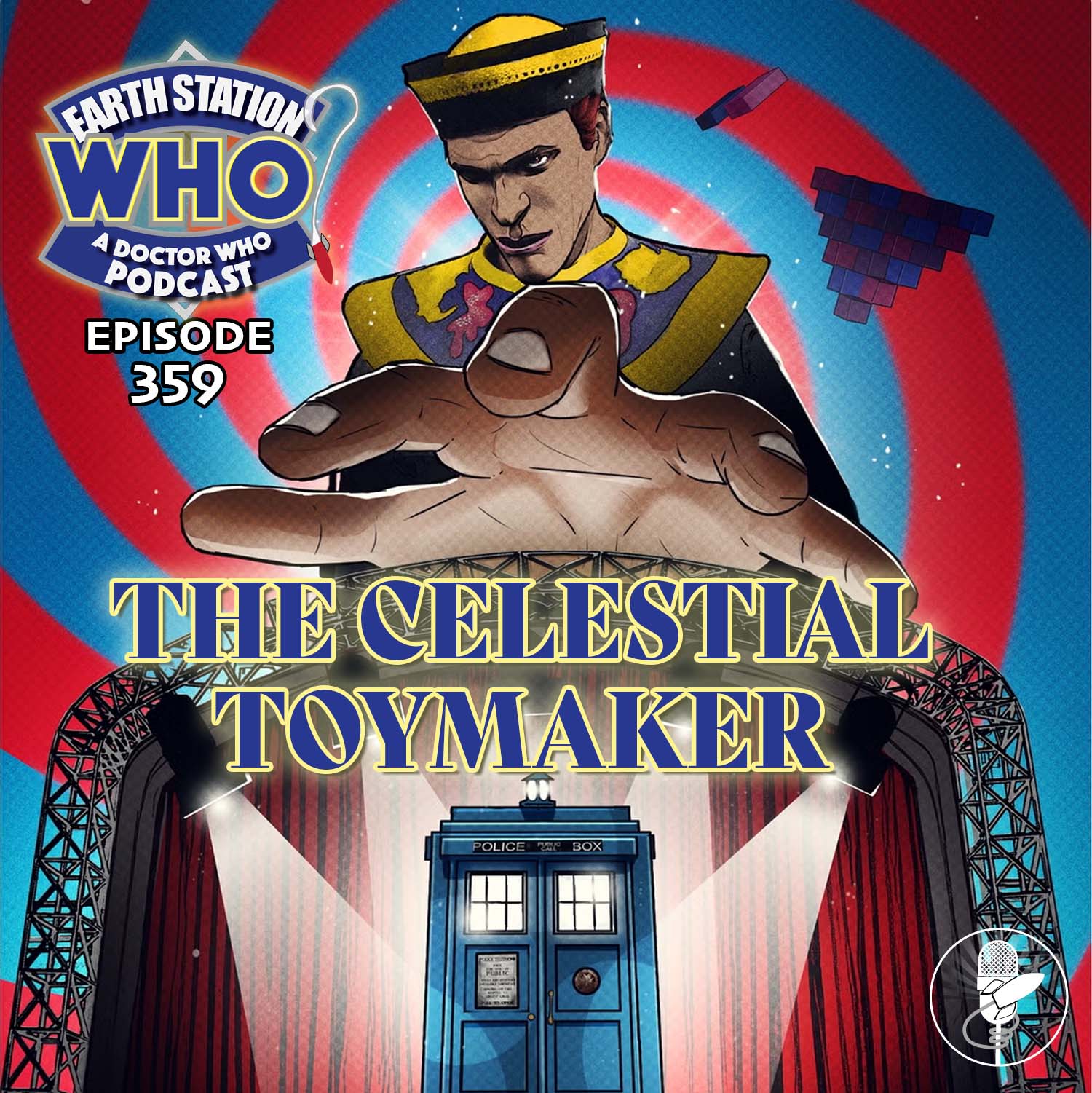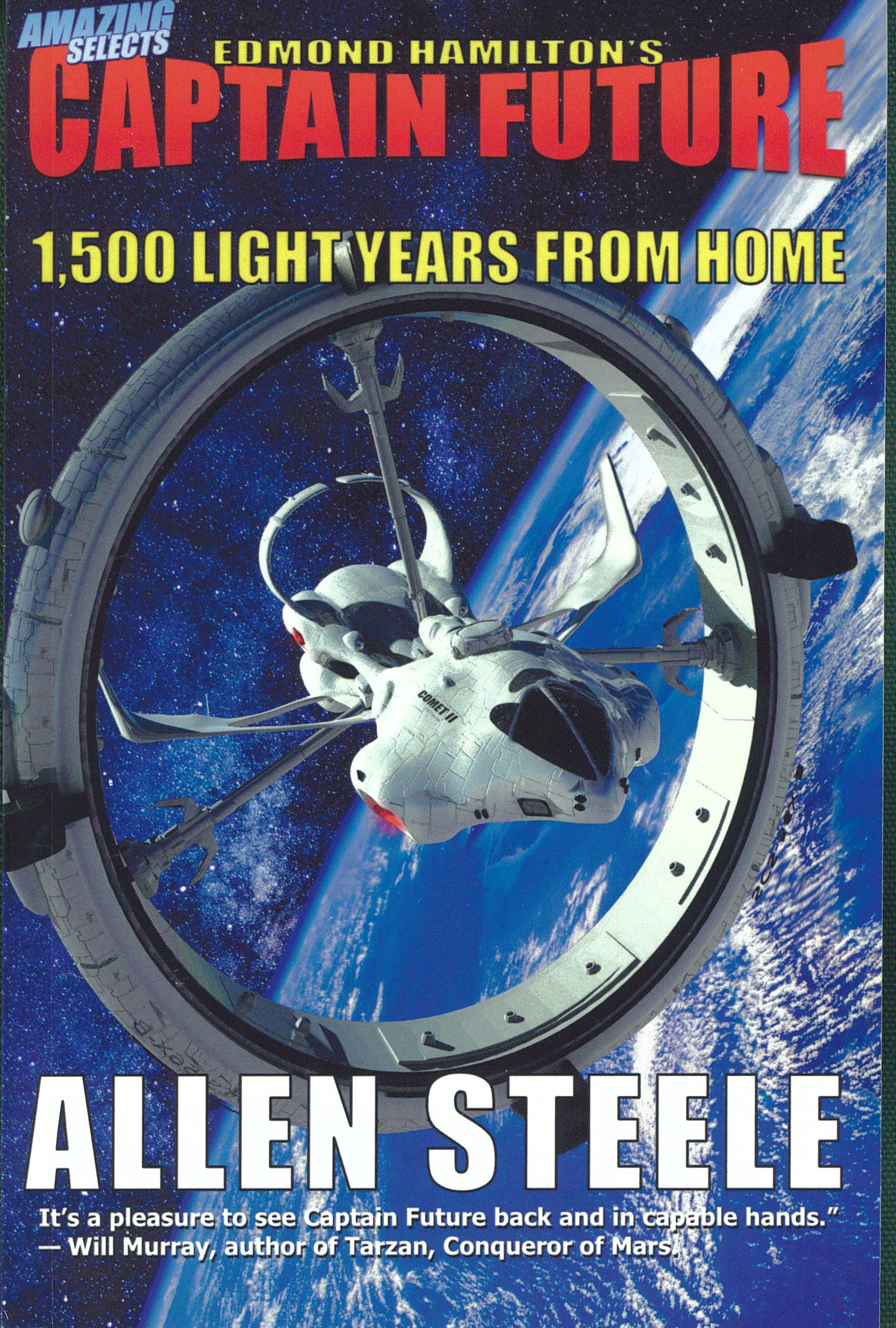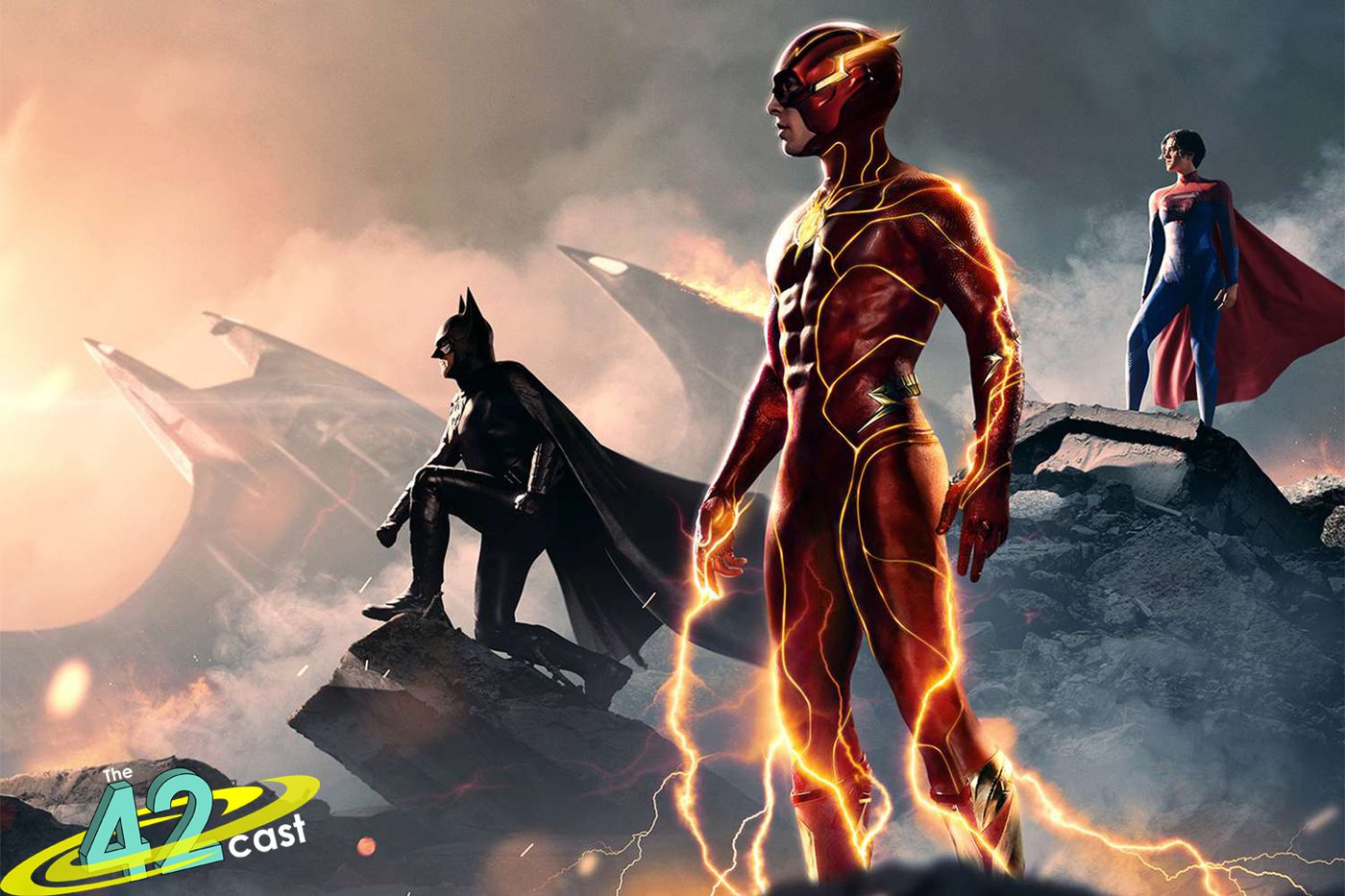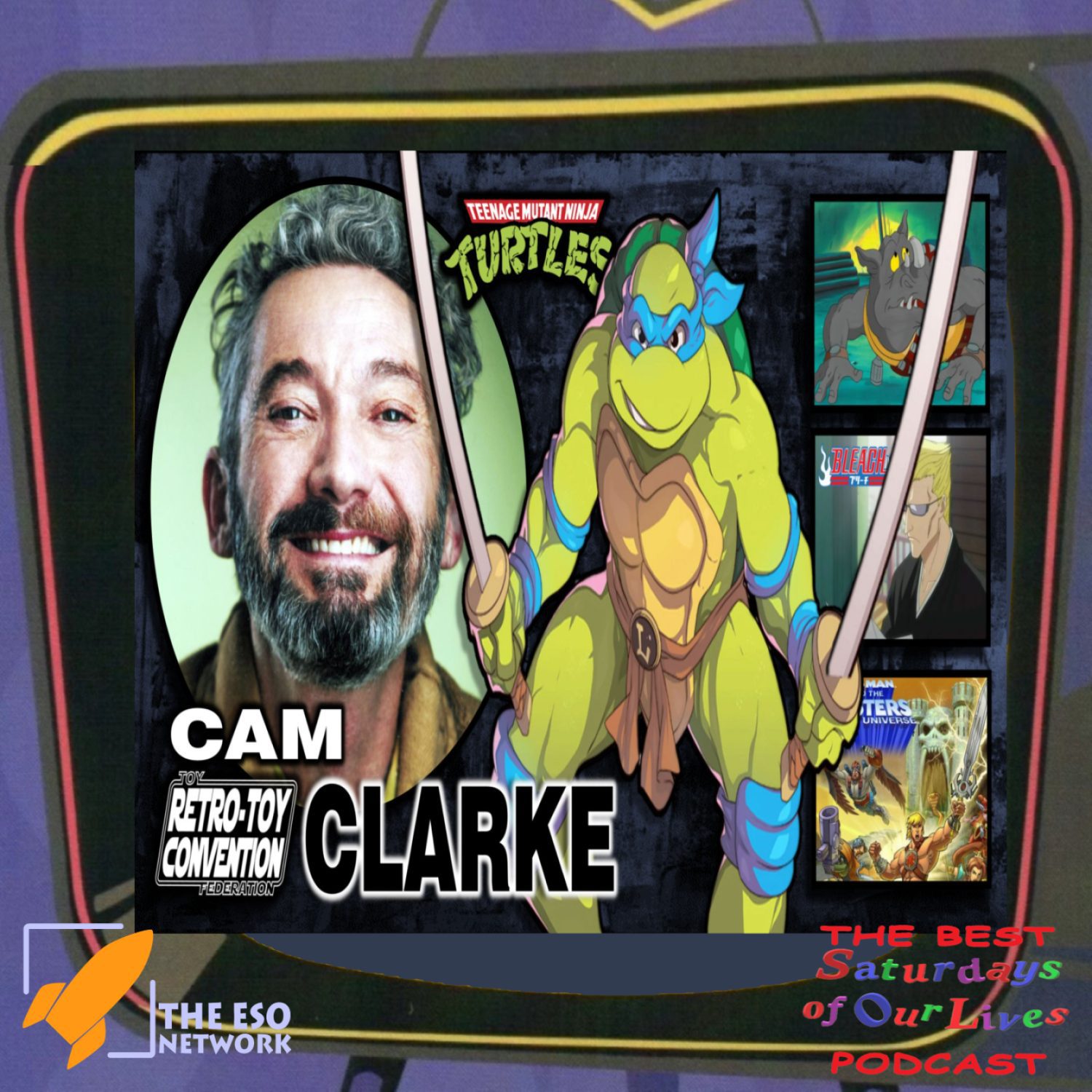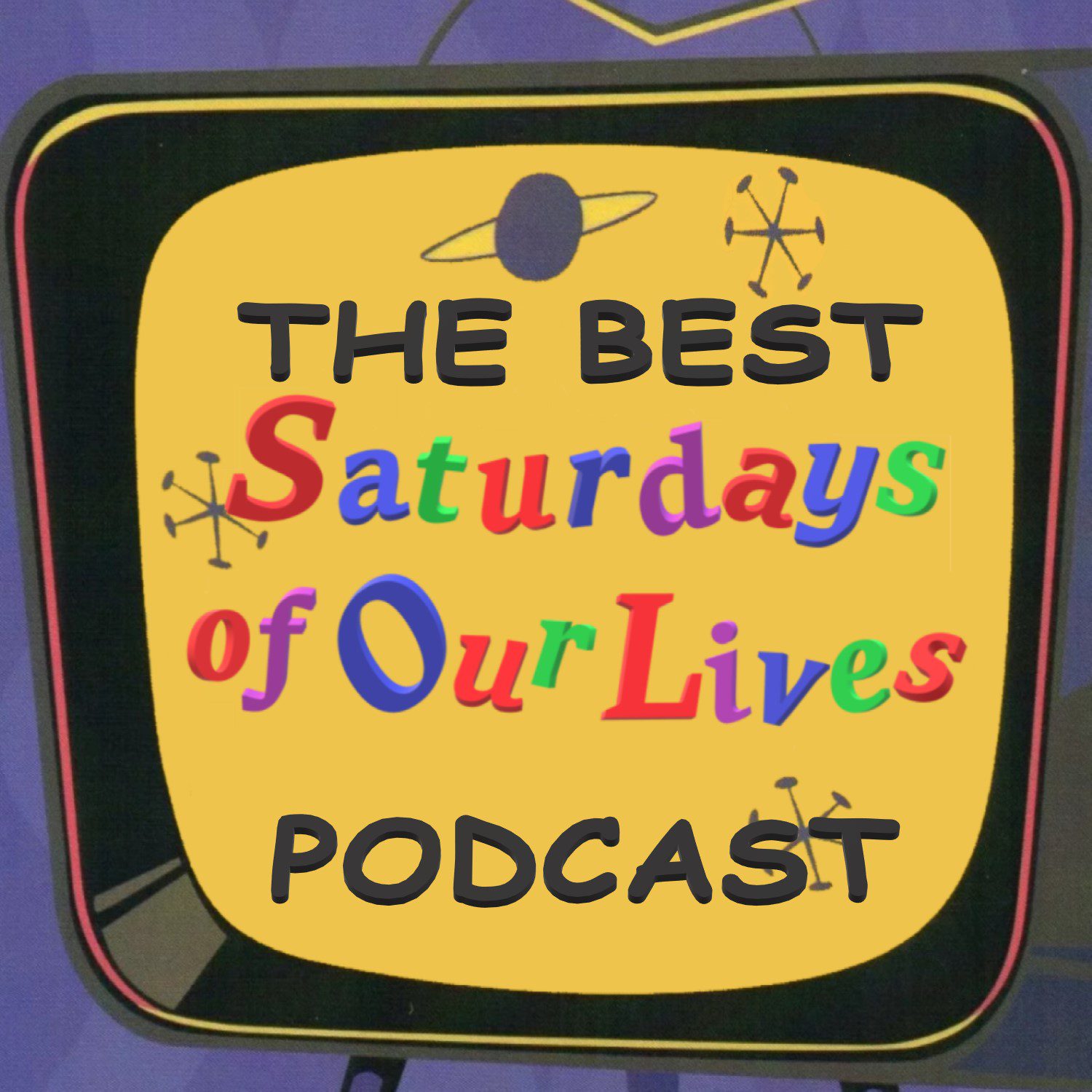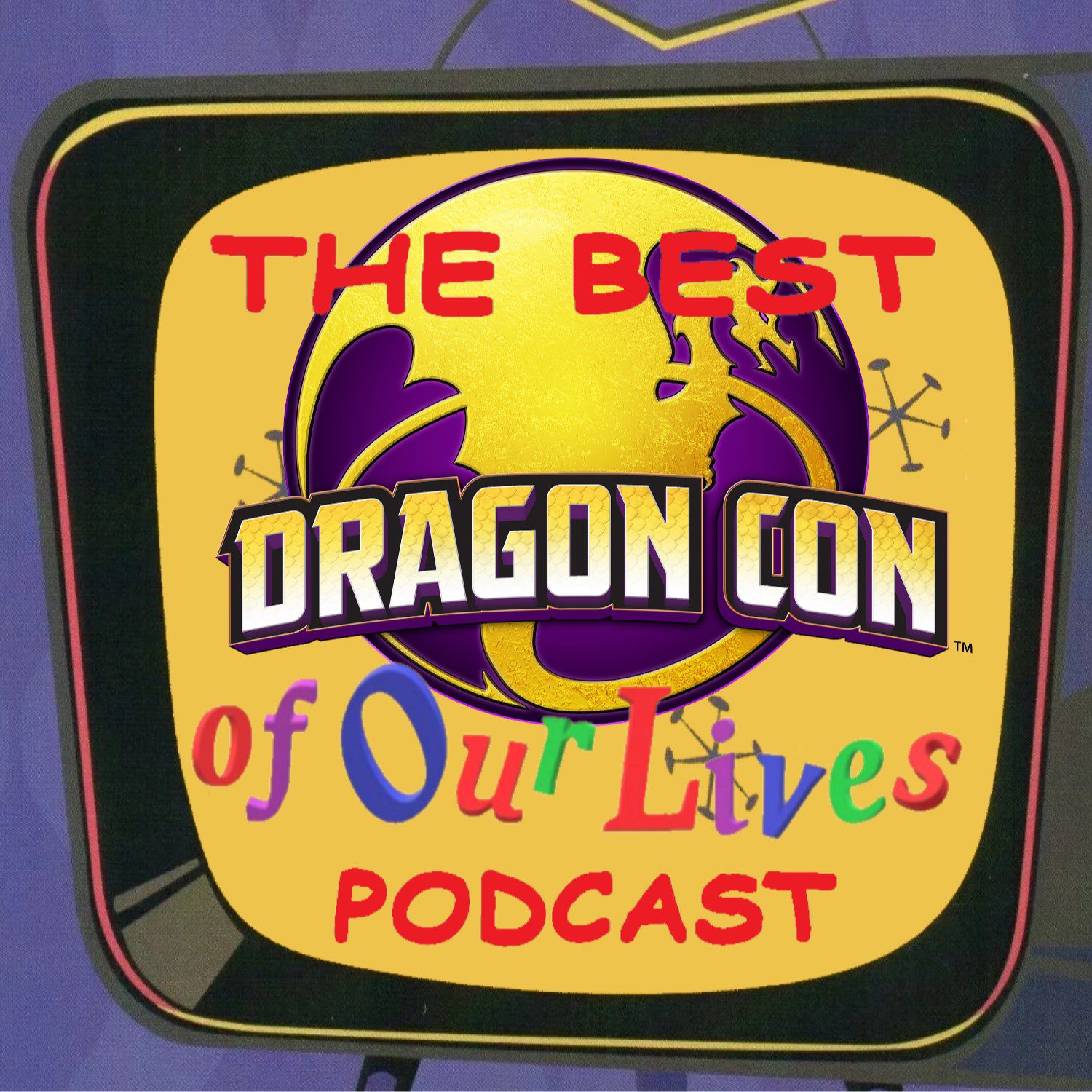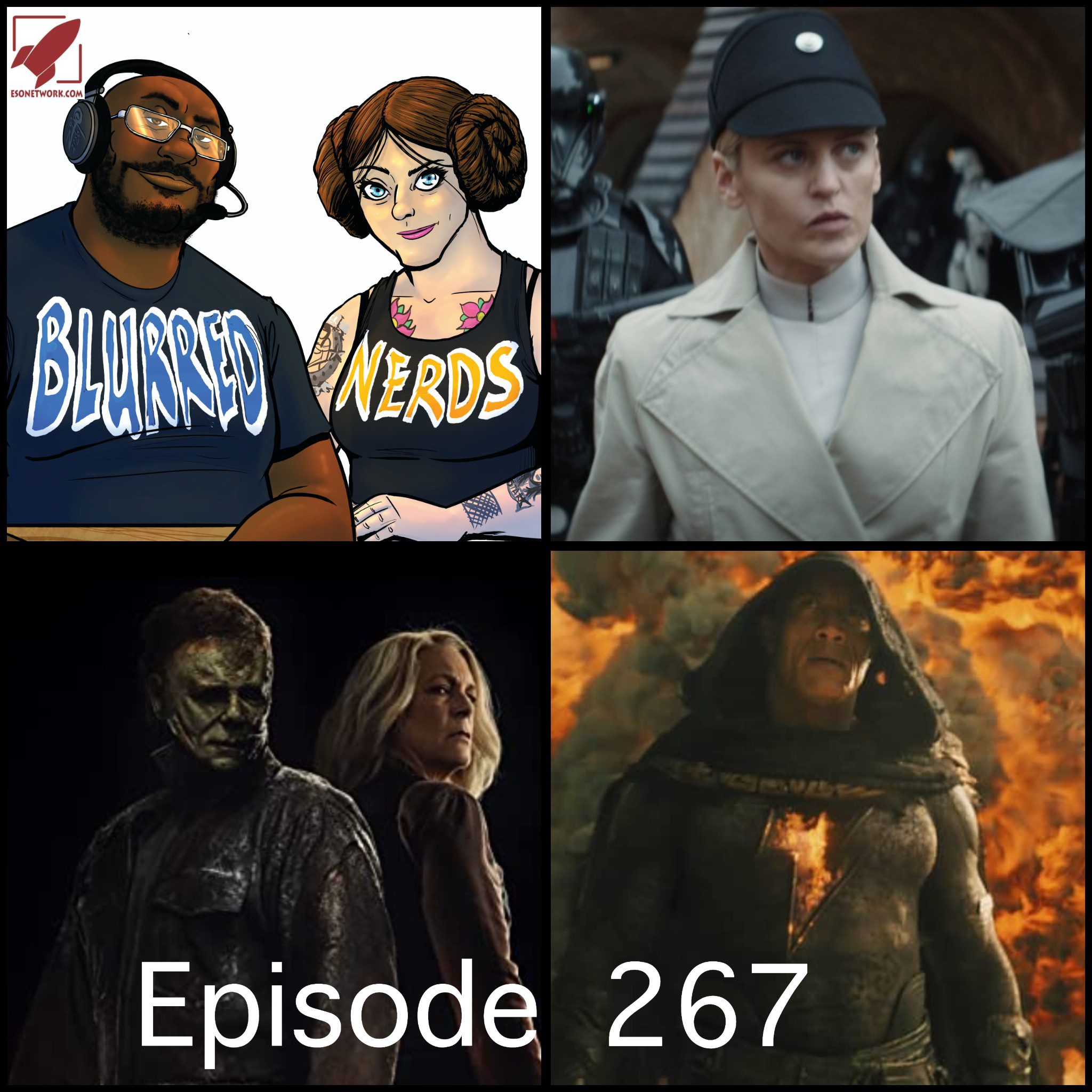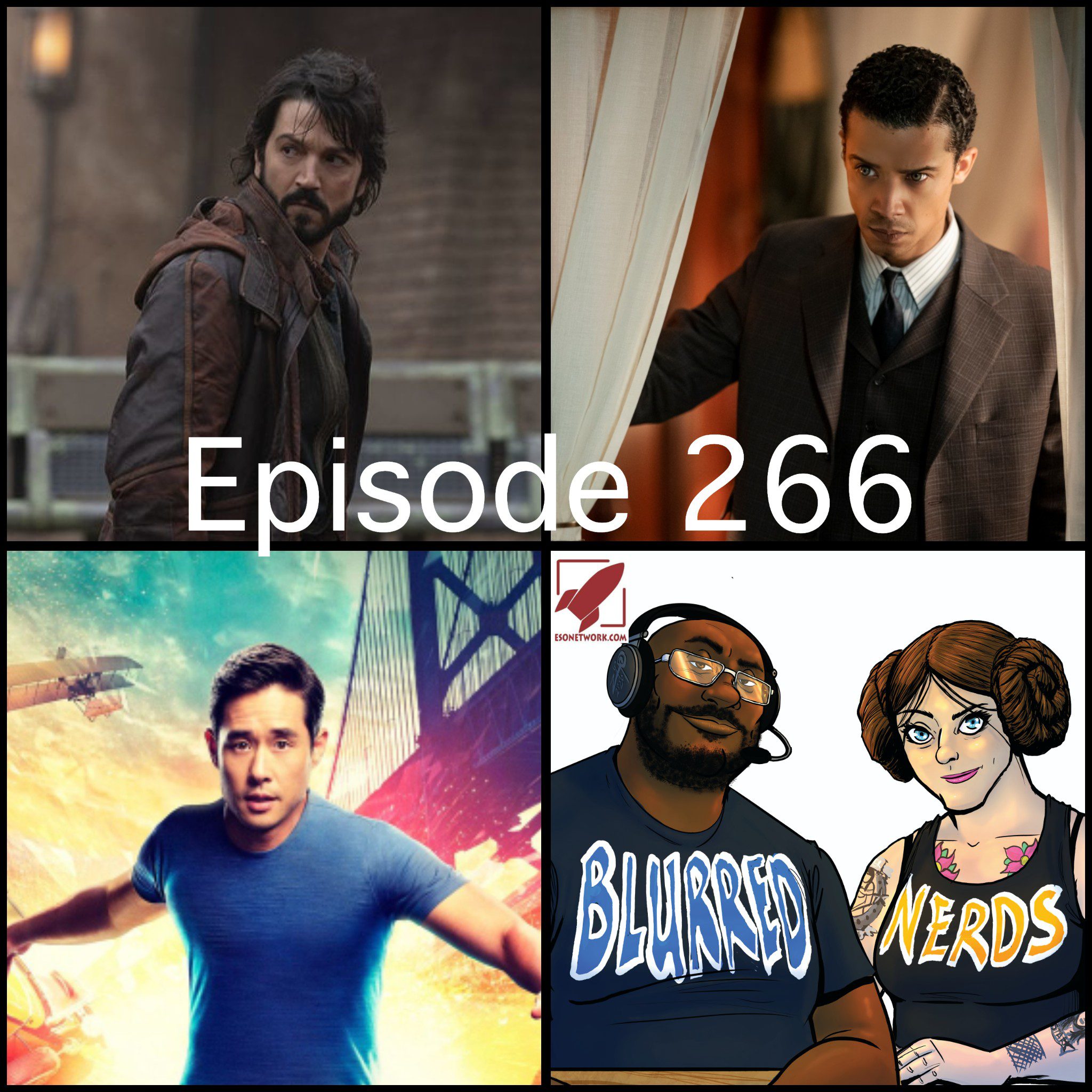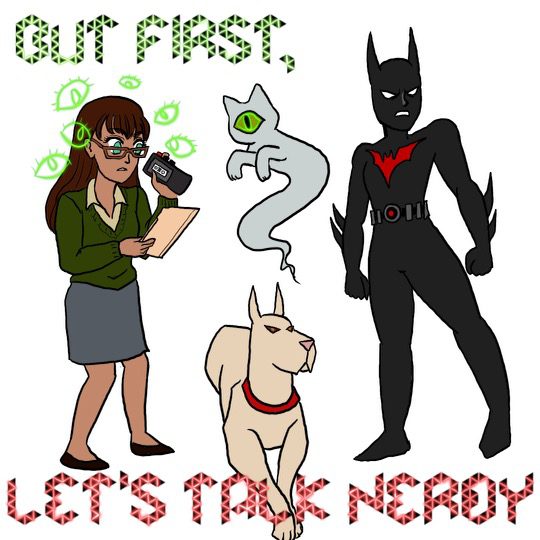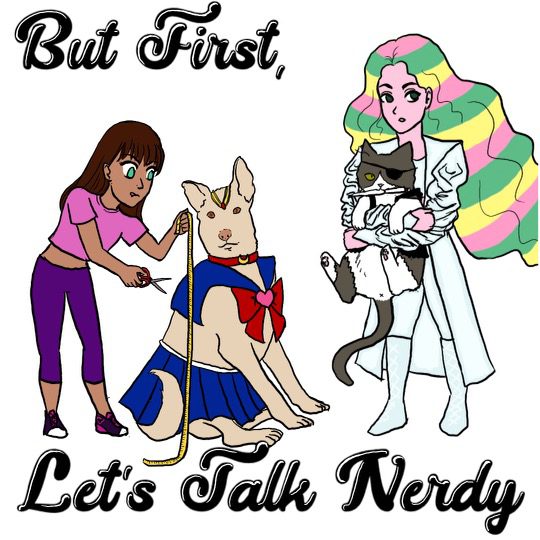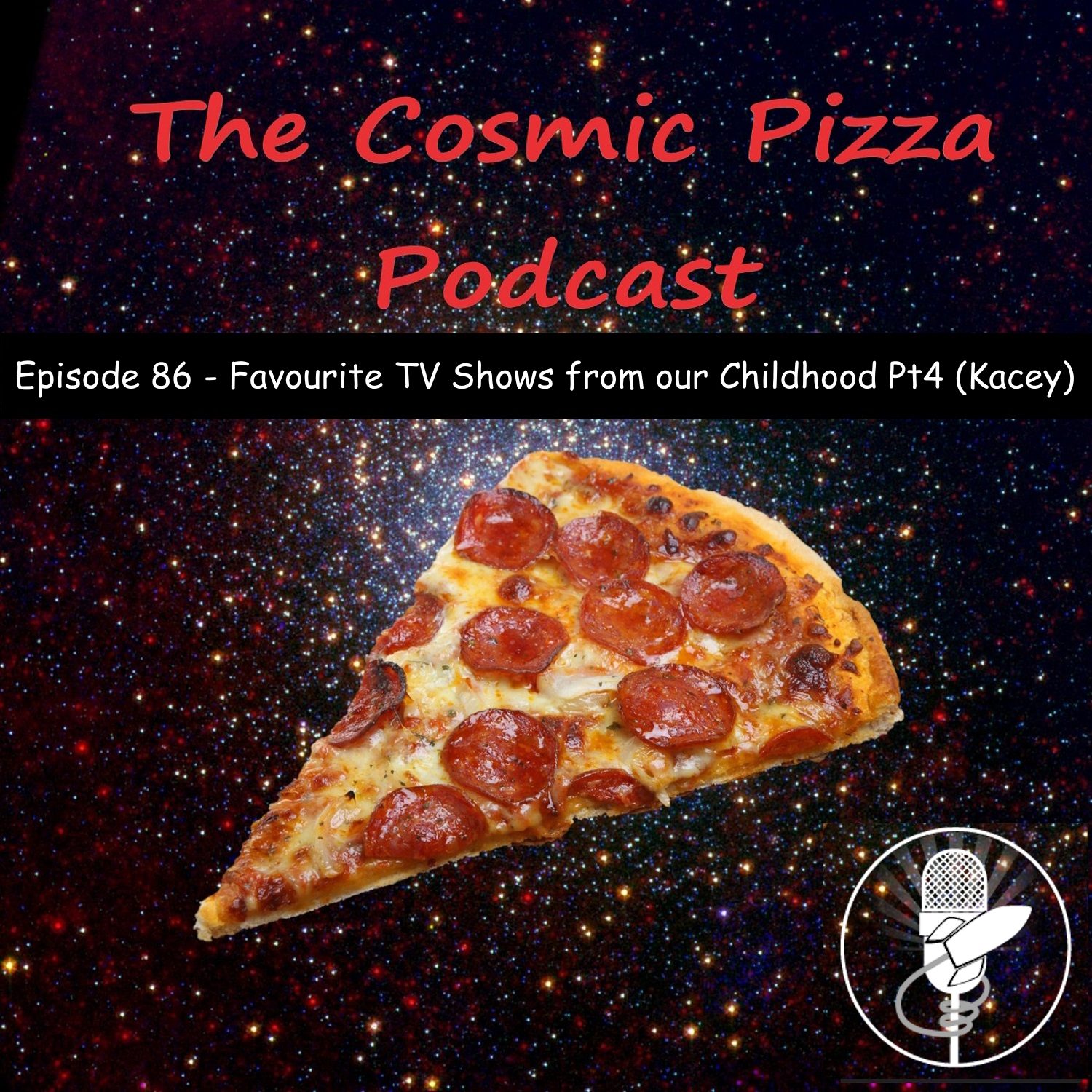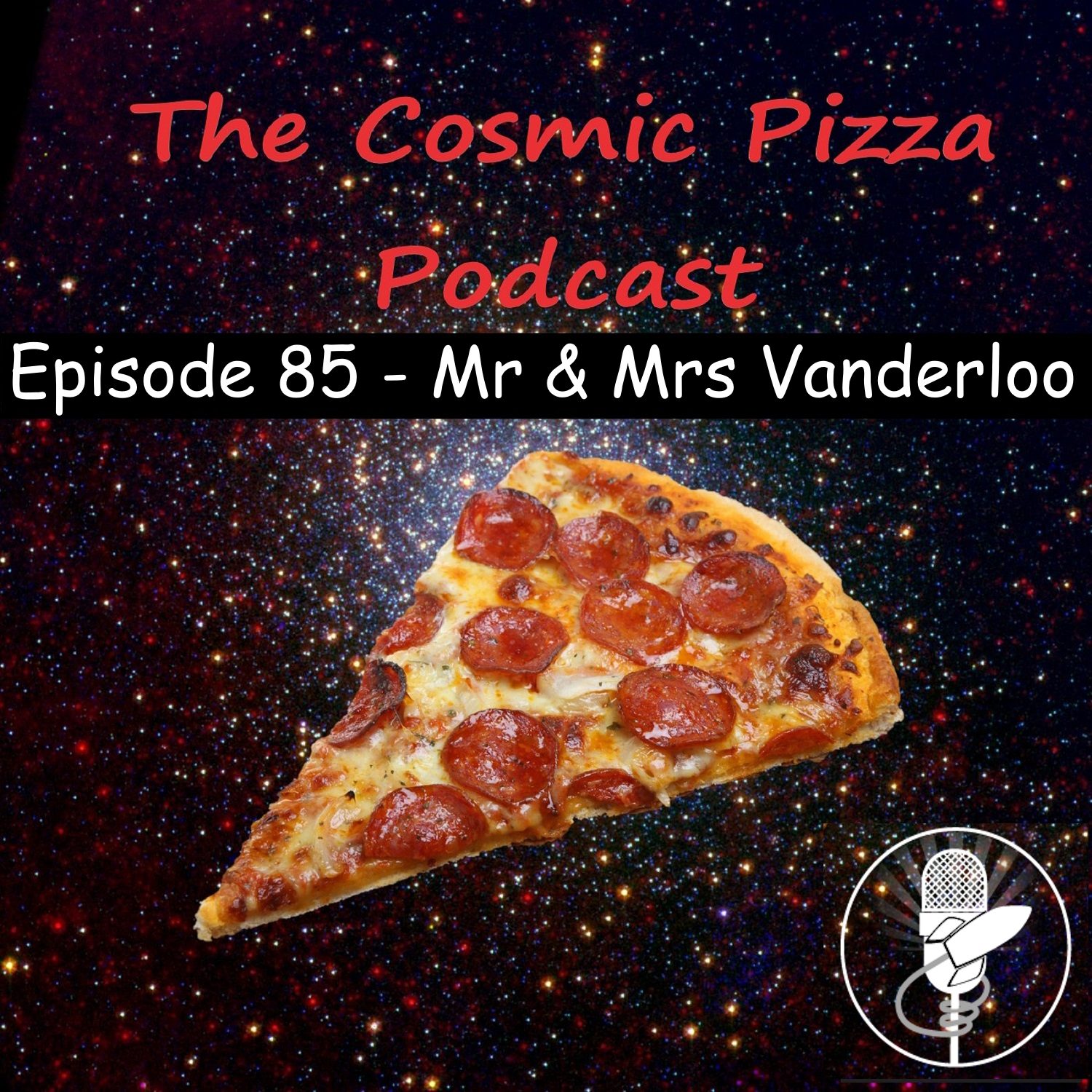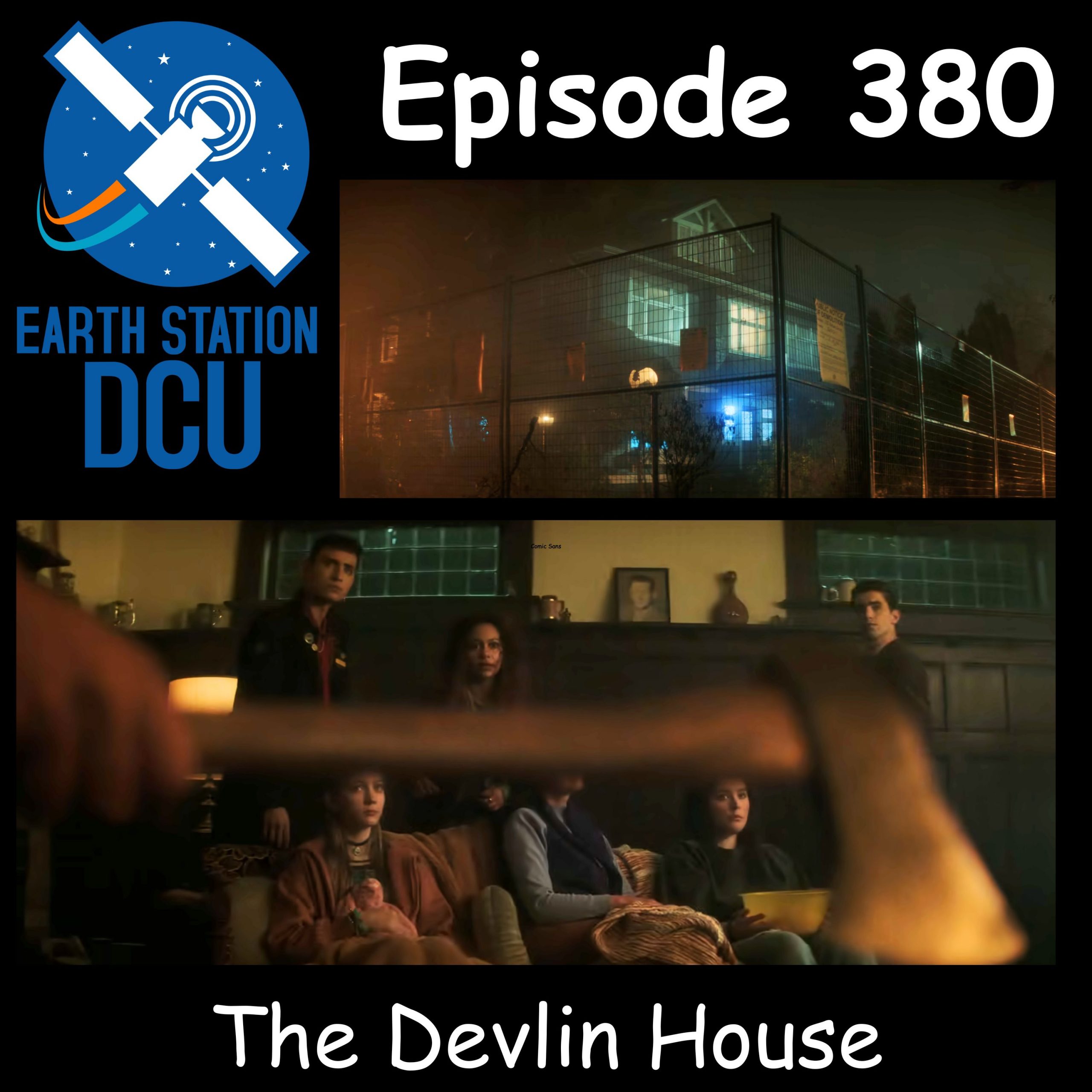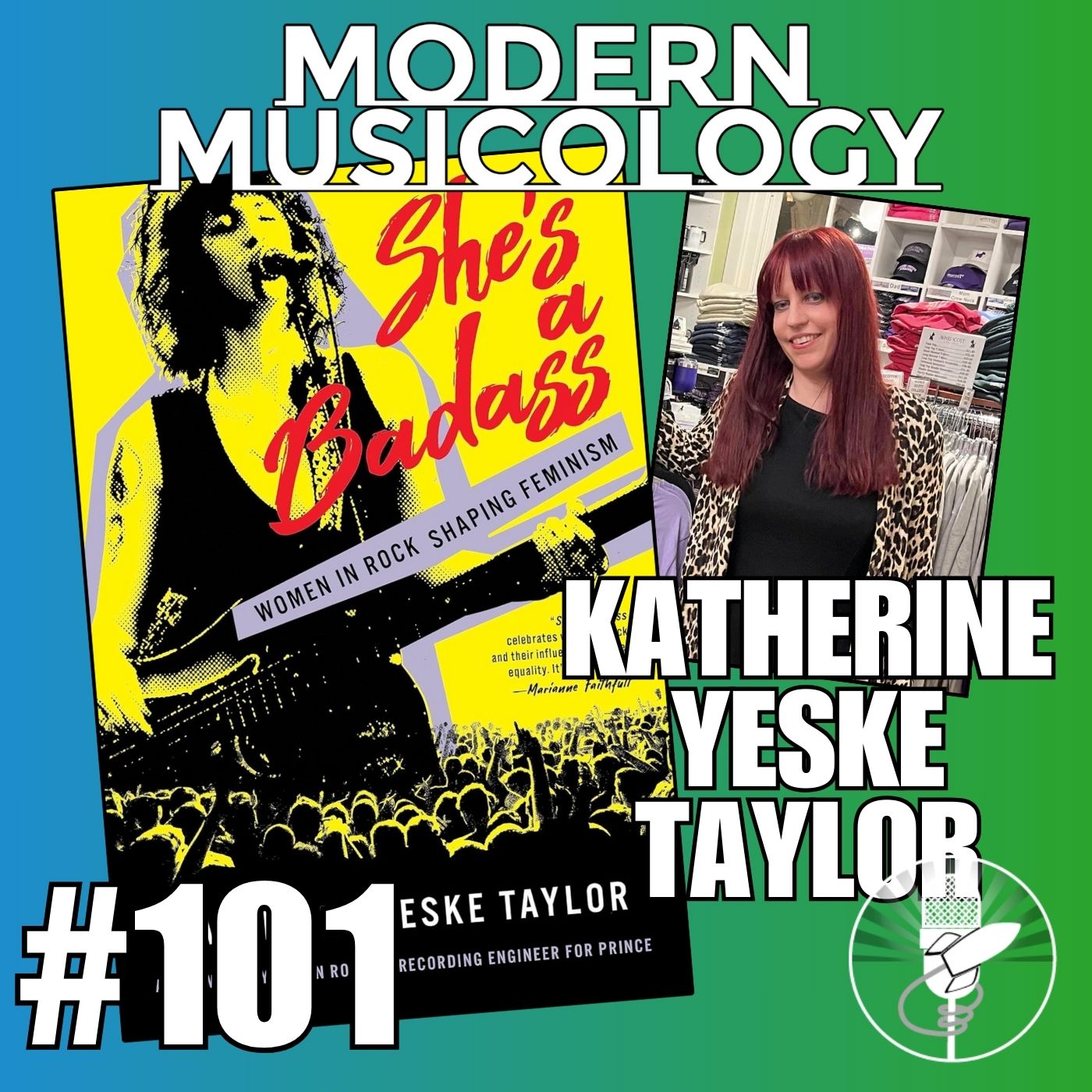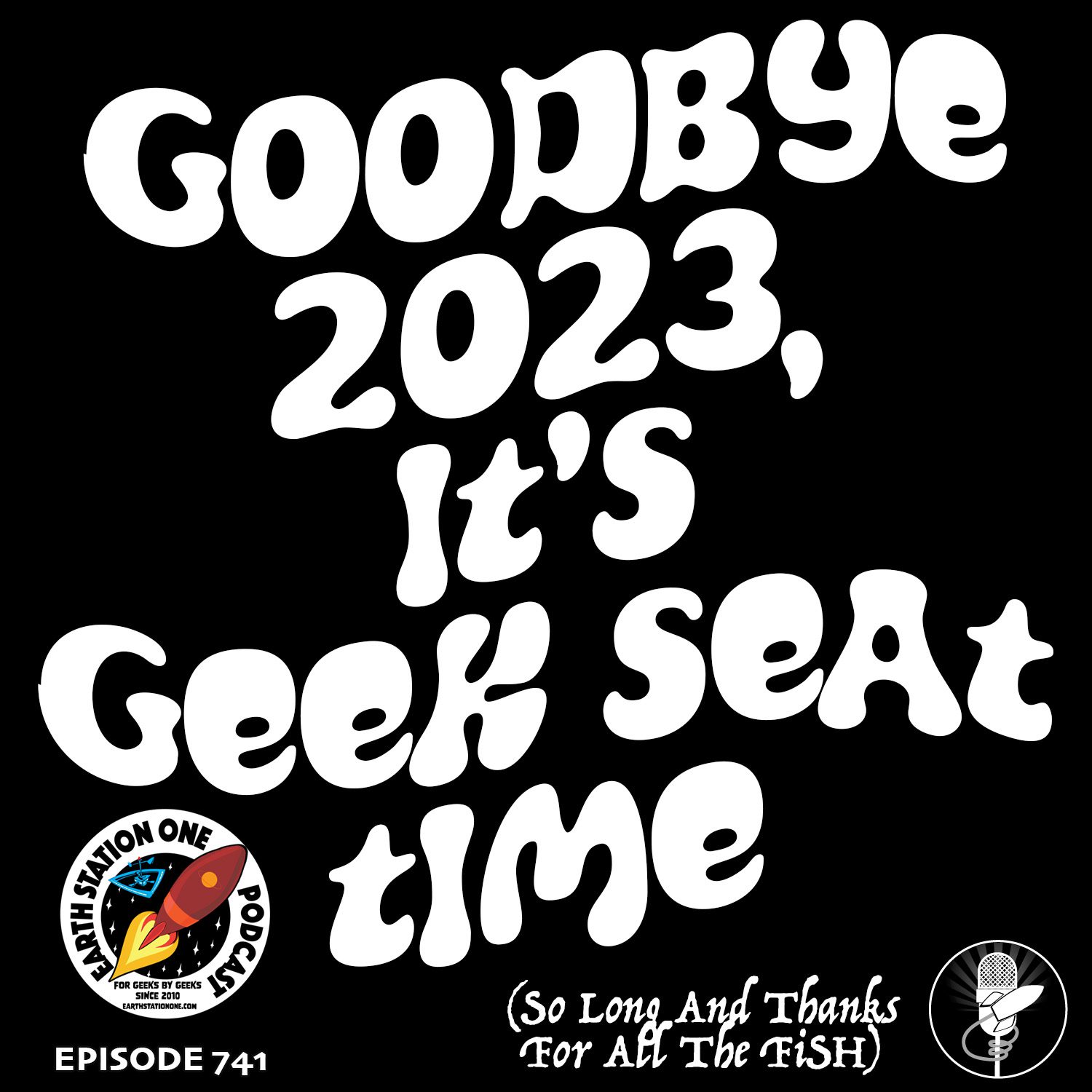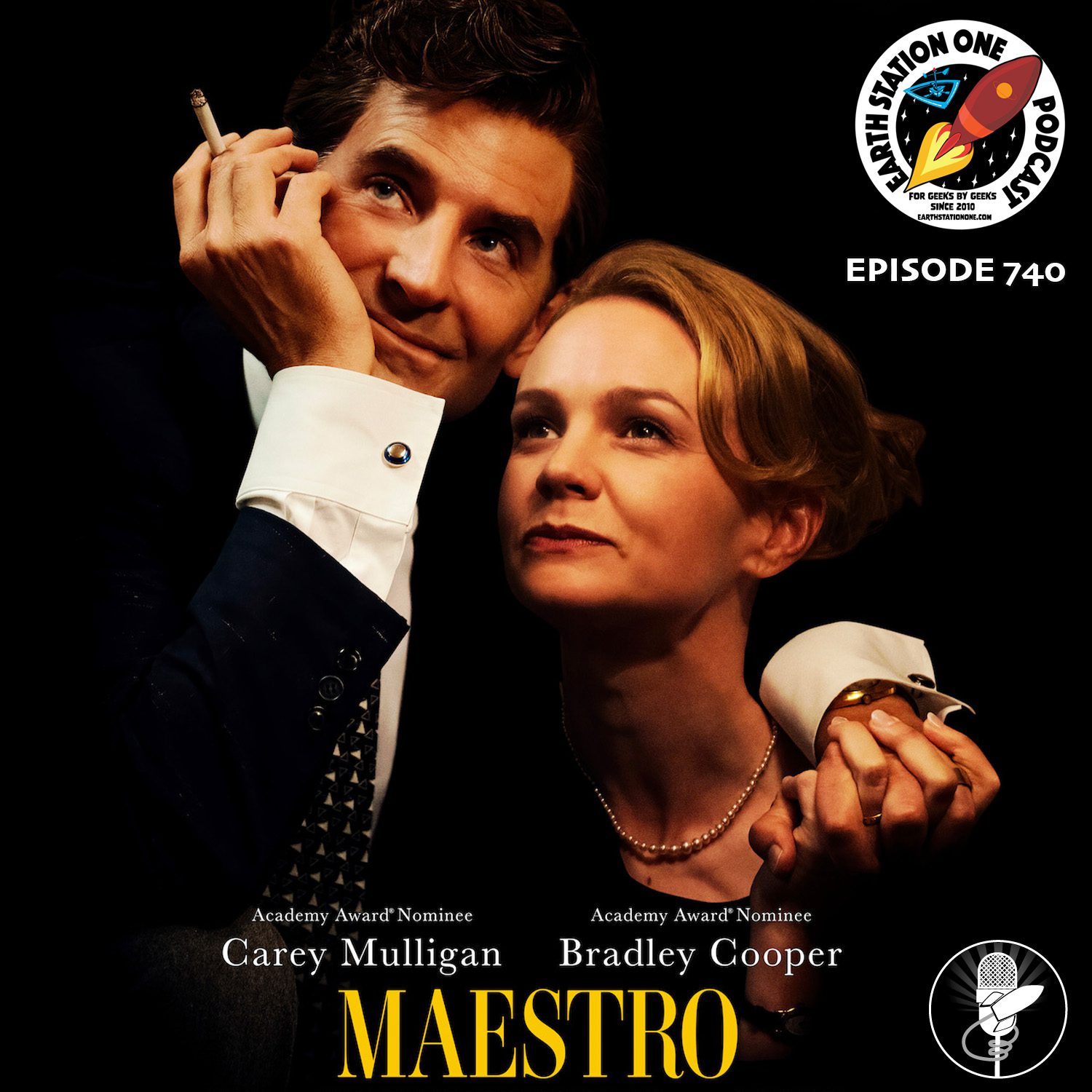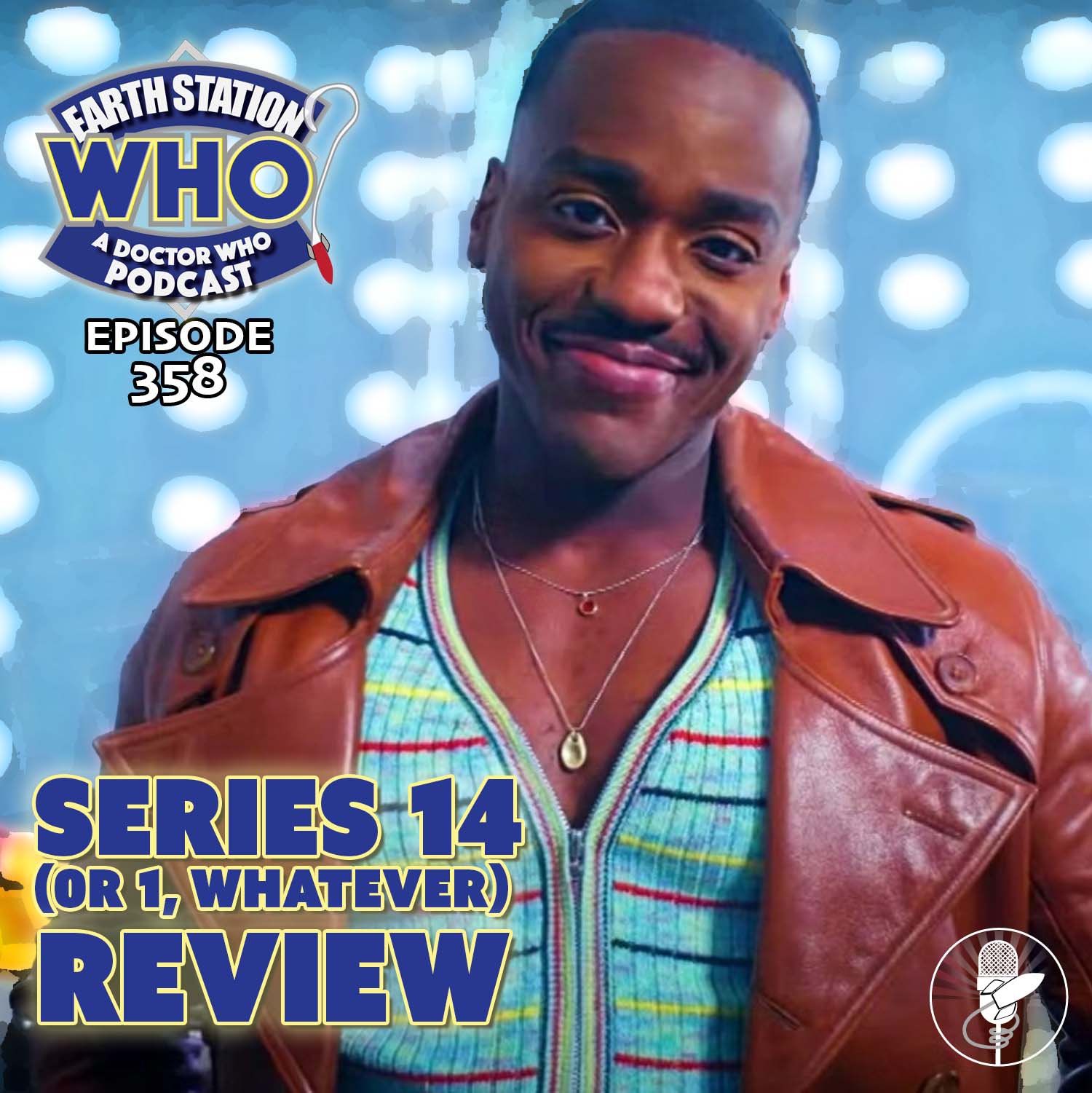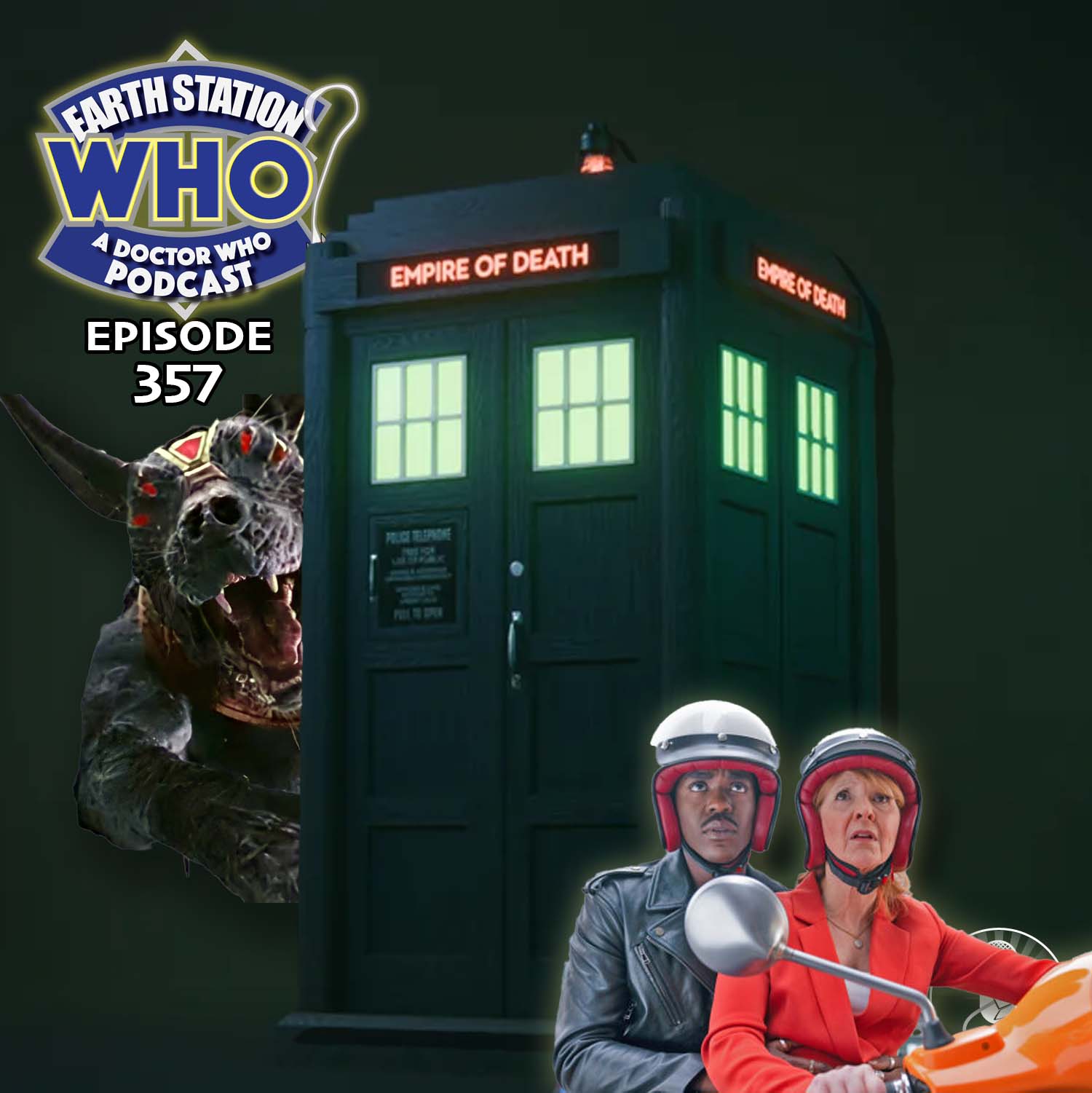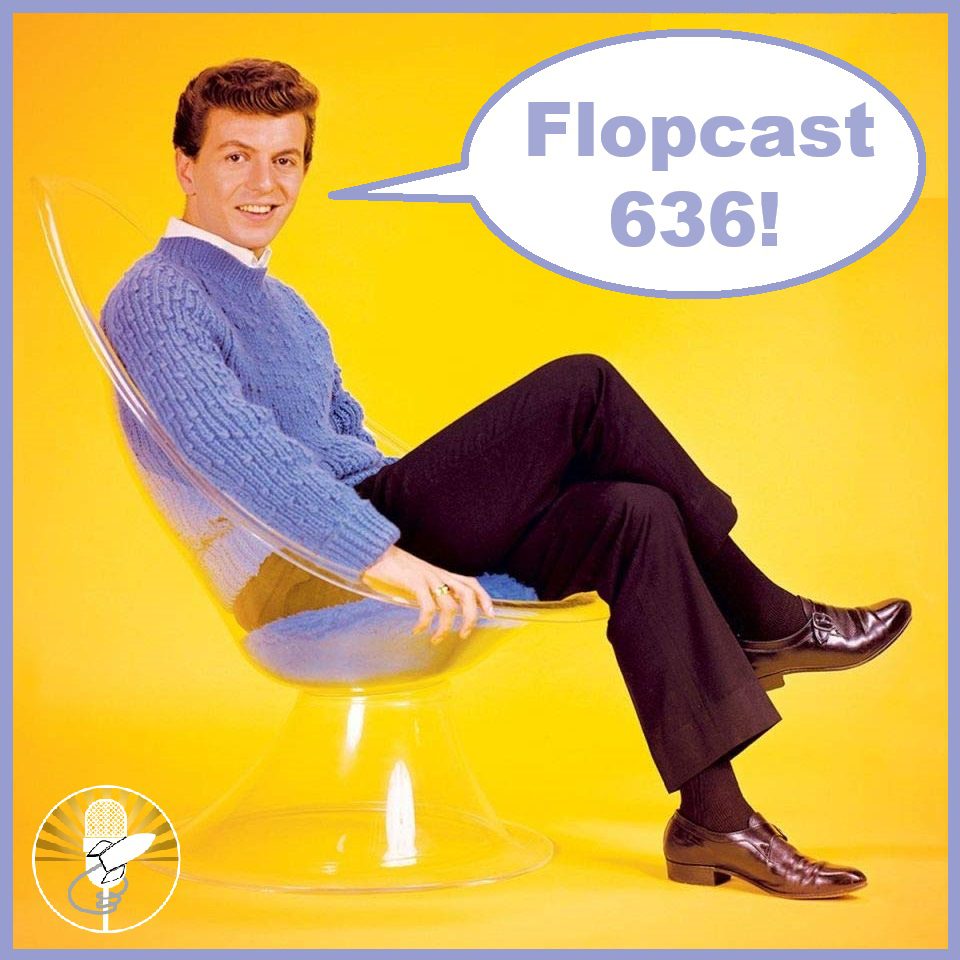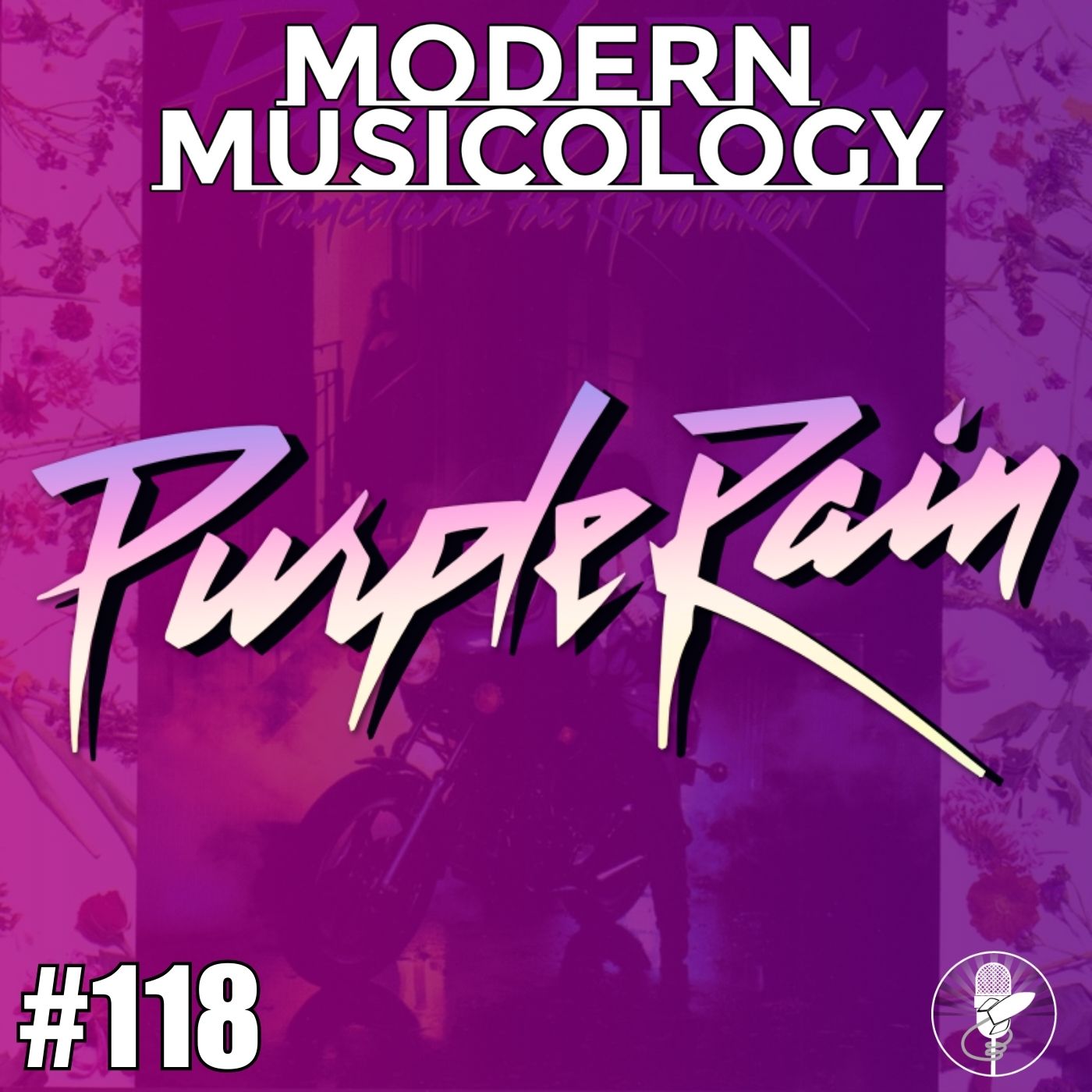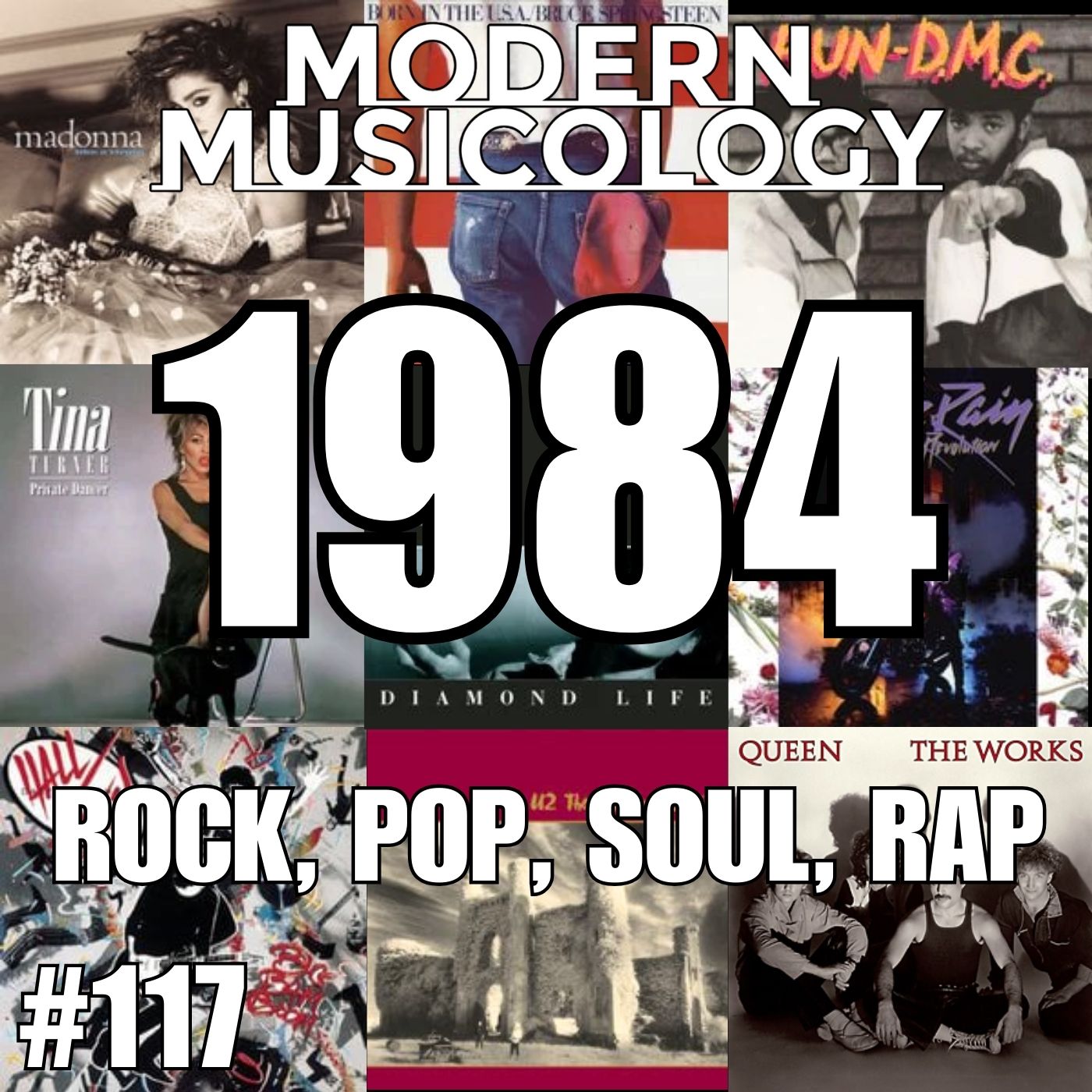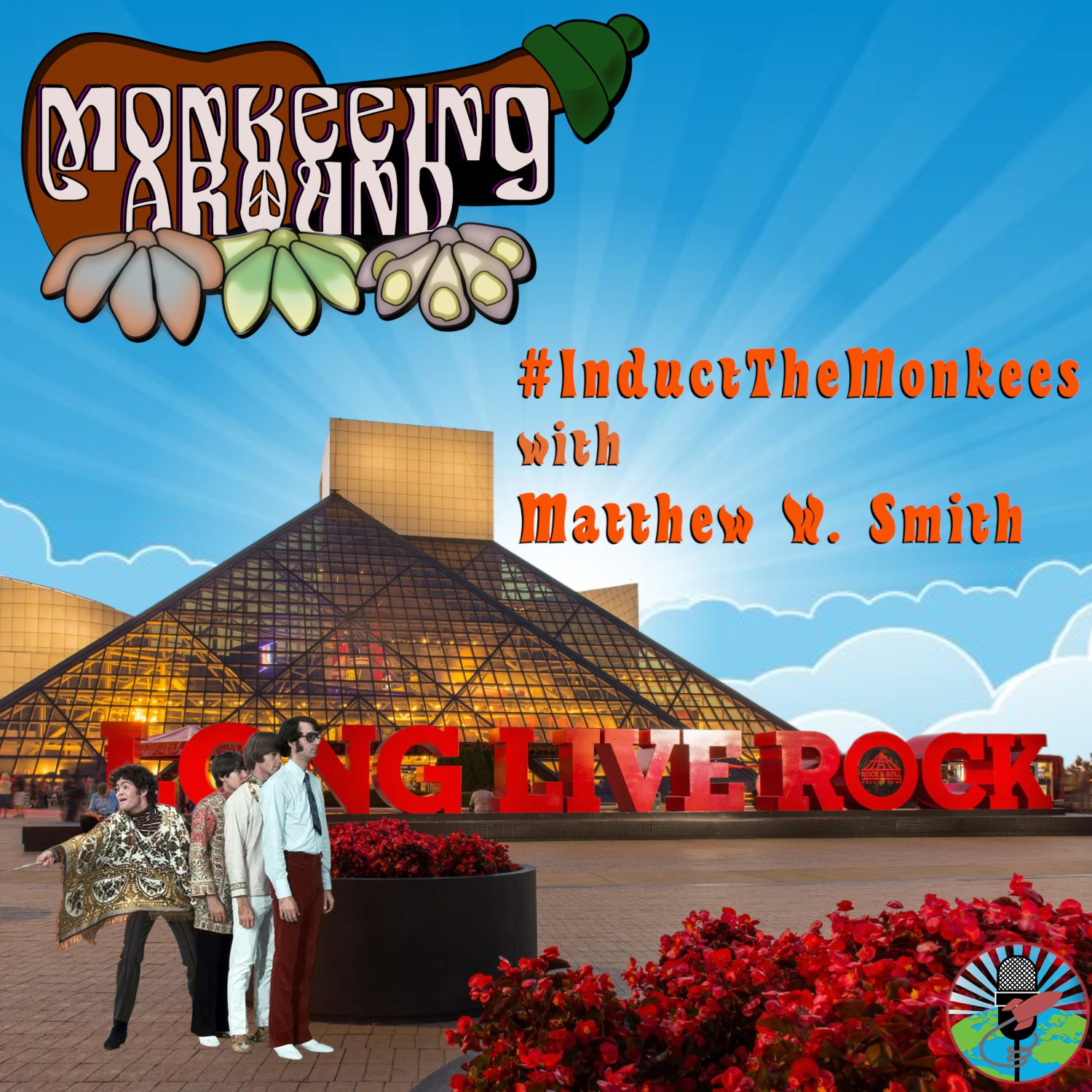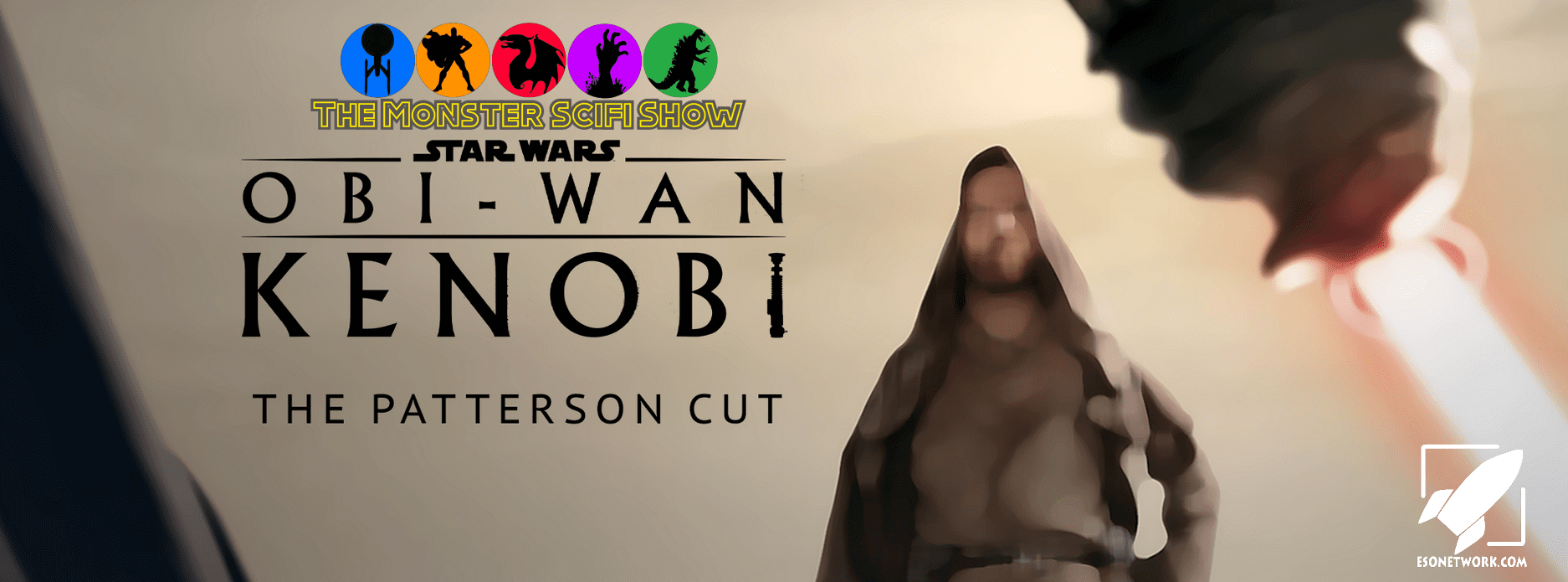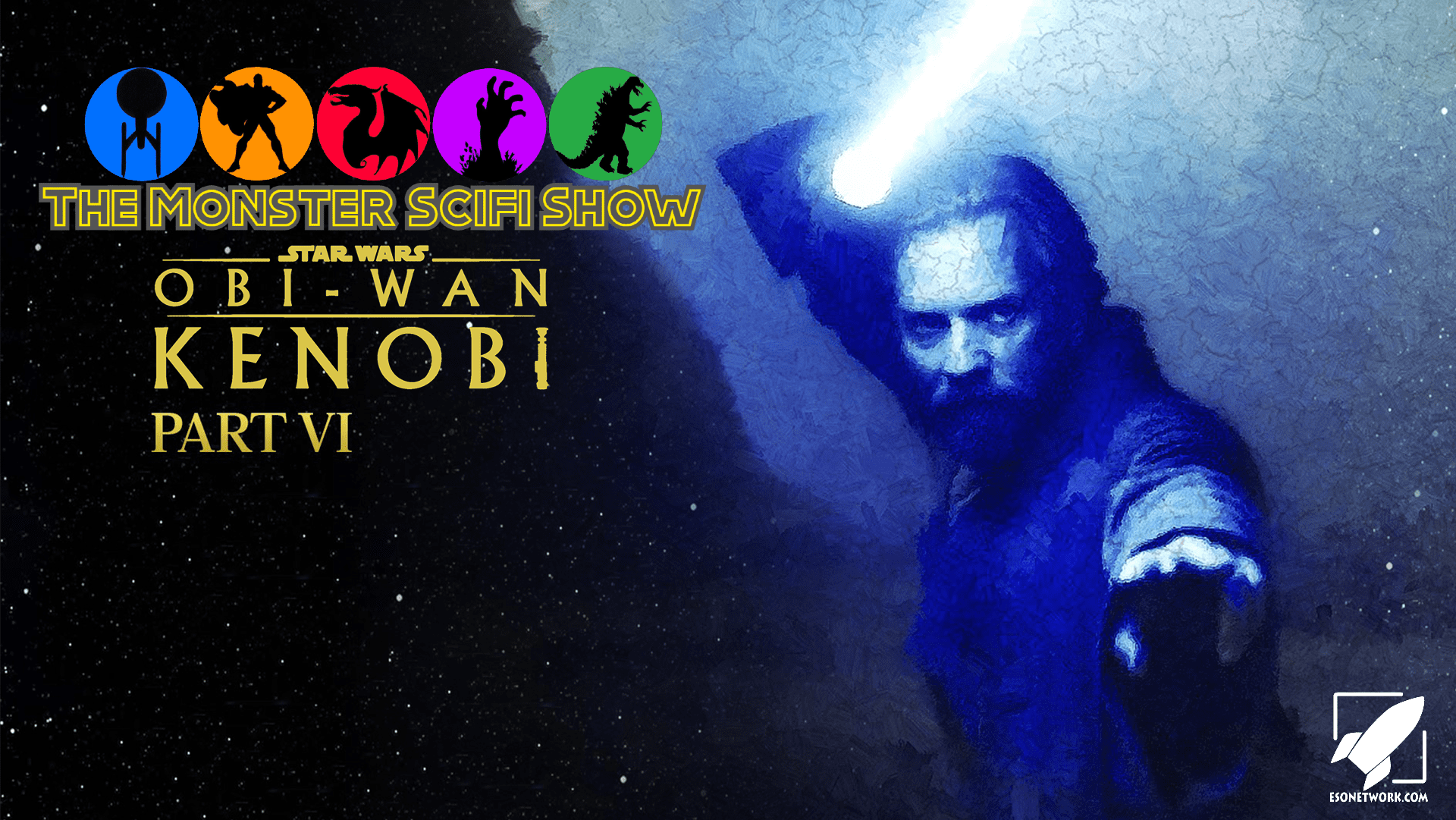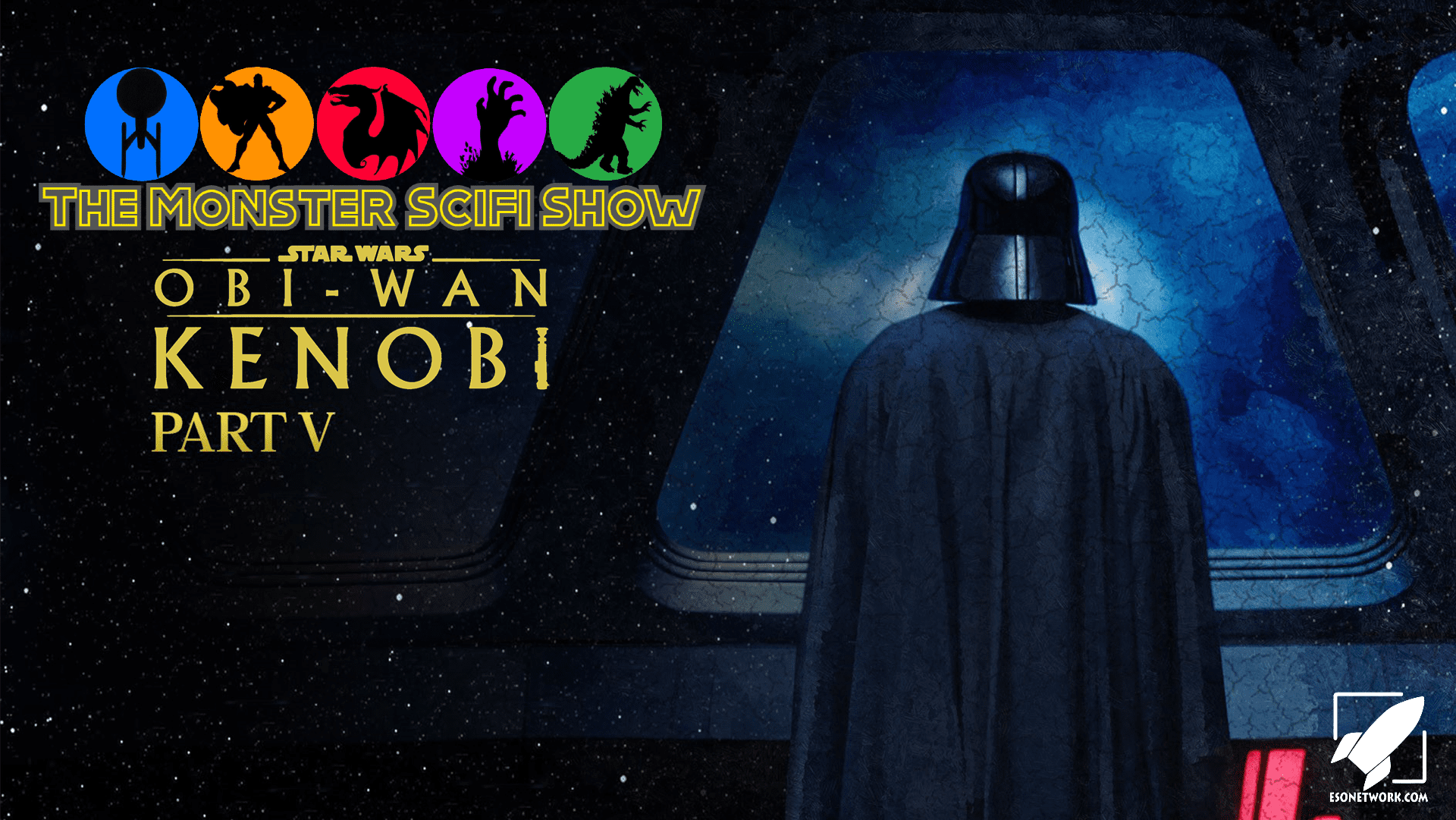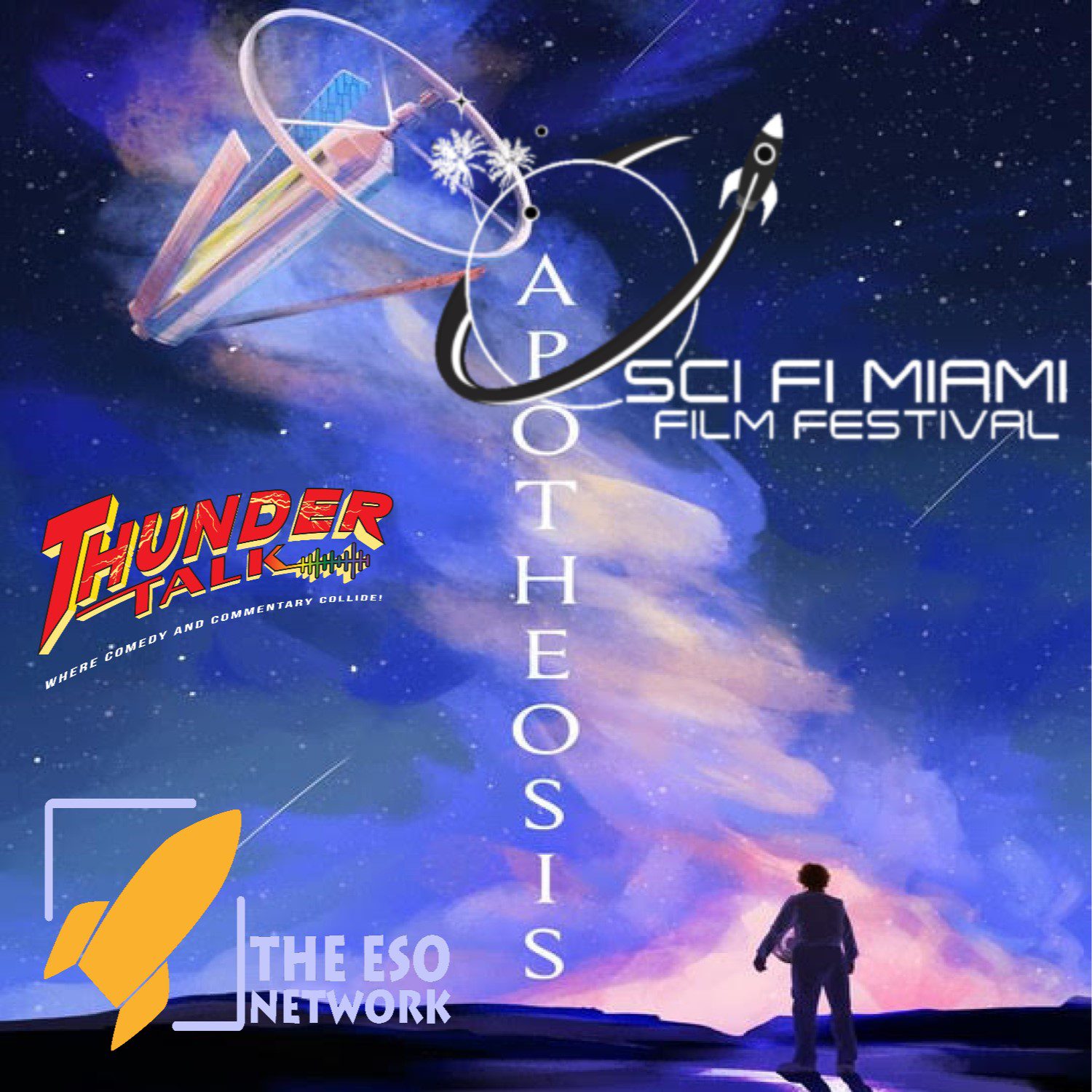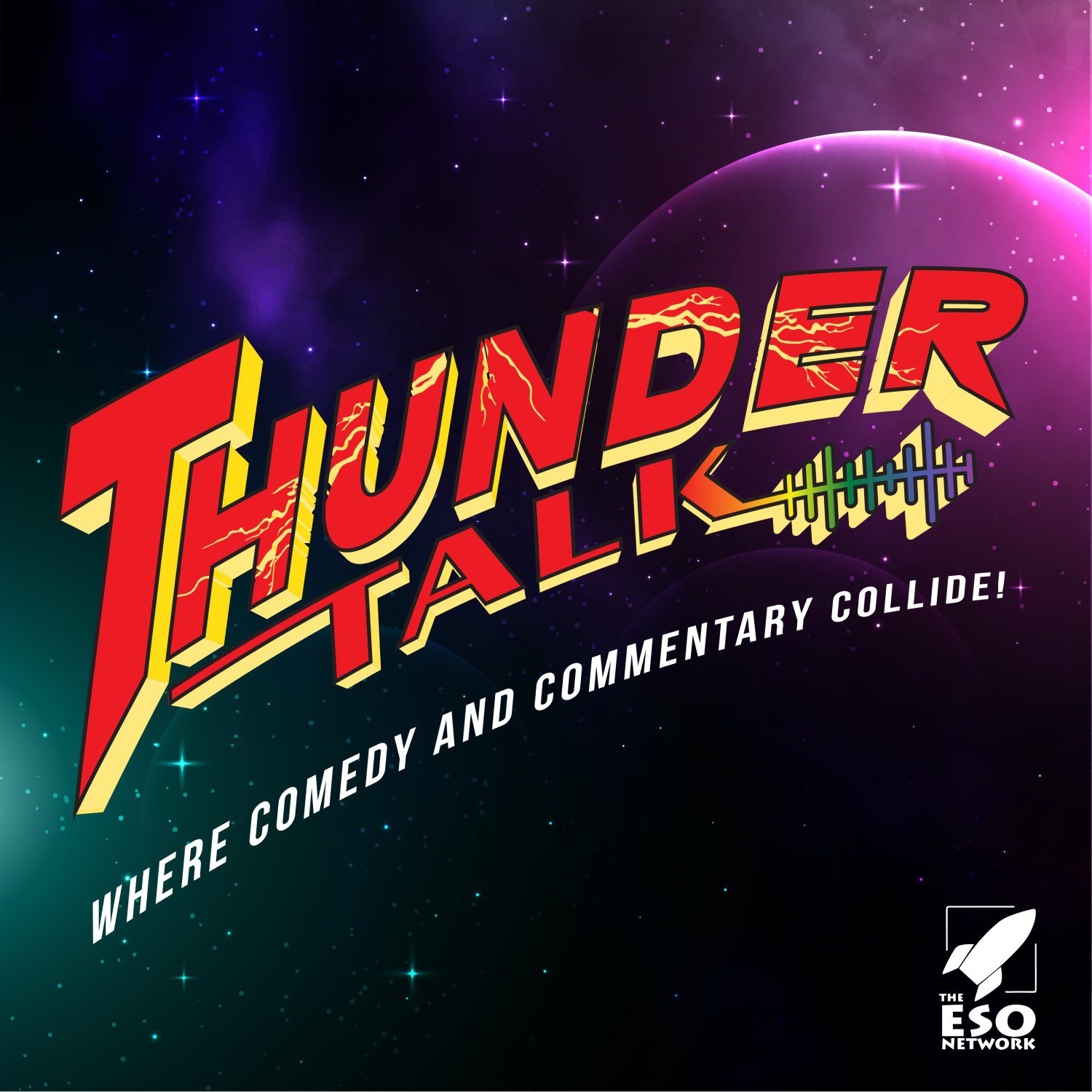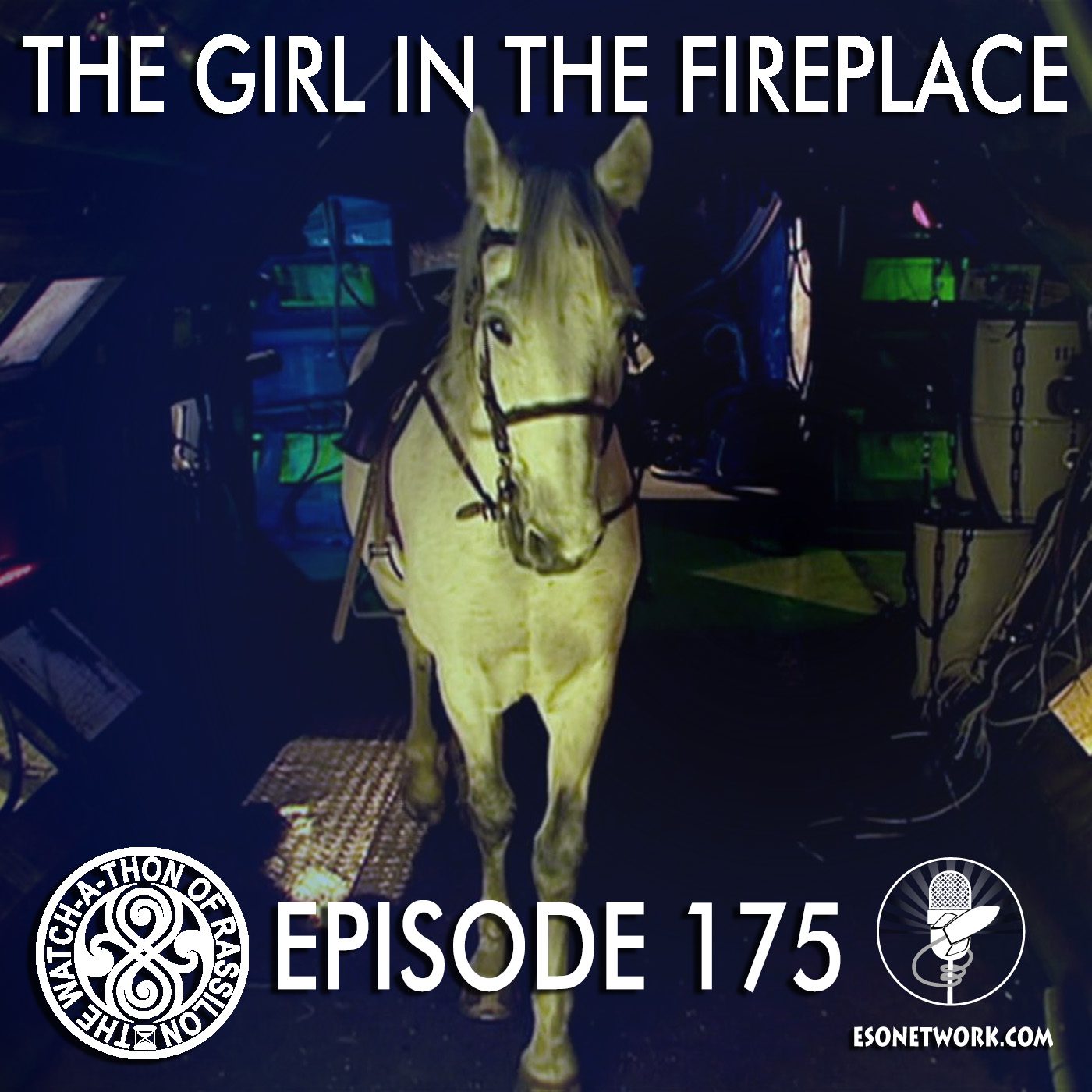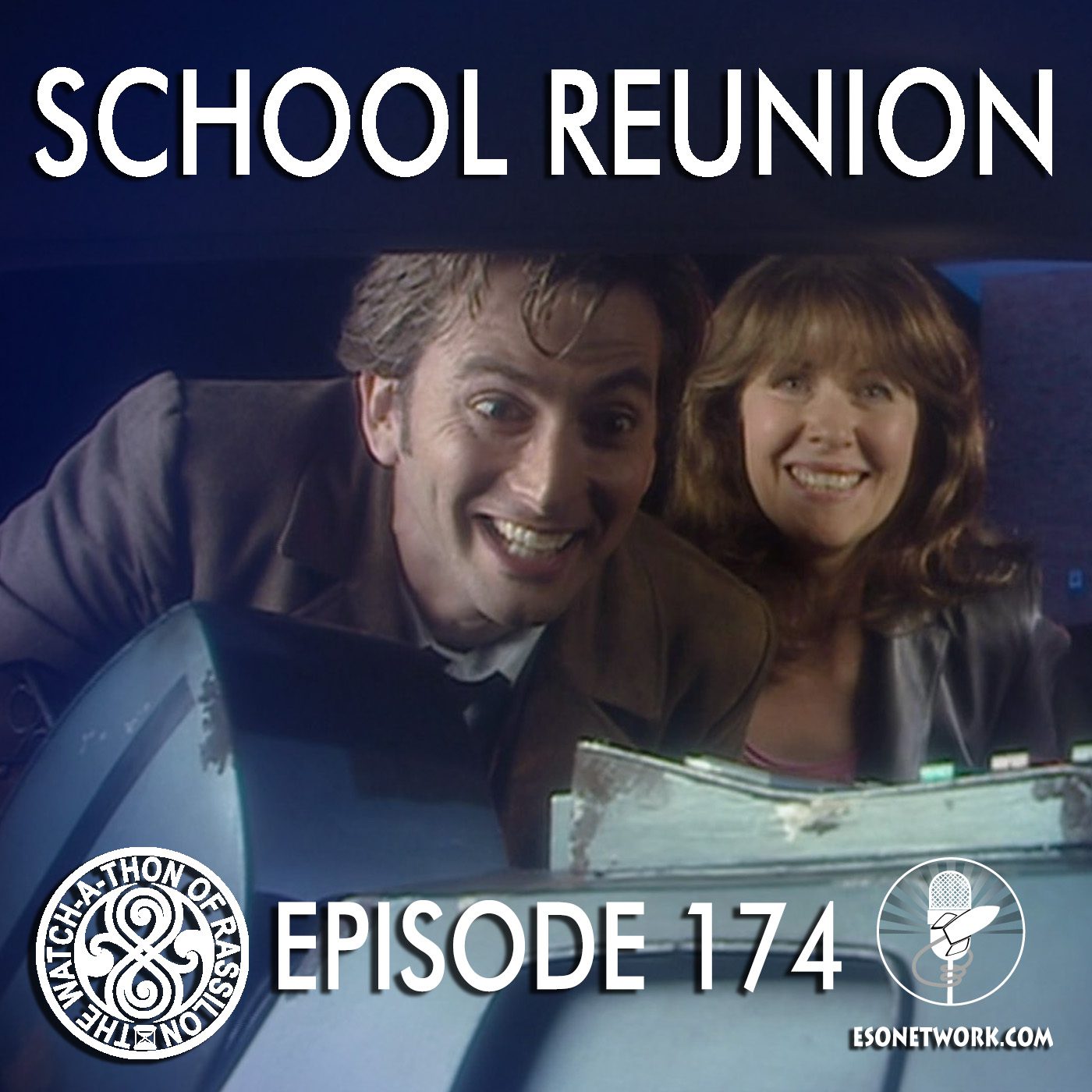Blurb: It’s 1812 and the Doctor, Steven and Dodo get ready to spend their winter in a Russian village. The French are on their way, but that’s not the only invasion the travelers will have to deal with.
Review: The first season of Big Finish’s Companion Chronicles range of Doctor Who stories had been enough of a success that they decided to commission a second set. These would include stories told from the points of view of different companions than had been used in the first set. The first of this new series of adventures would be set in the first Doctor’s era and tell a story from the point of view of Steven Taylor. Peter Purves had left acting behind and made a name for himself as a presenter after leaving Doctor Who in the 60’s, so this story would not only be his return to Doctor Who but acting in general. Veteran writer Marc Platt once again returned to write the first Doctor story in the set. Set in the time of Napoleon’s invasion of Russia, the story would be a historical adventure with science-fiction elements. This would allow the story to be educational while providing enough elements to tell a suitably dramatic and entertaining story.
Thankfully, the elements mostly work and it is an entertaining story. Mother Russia has an epic level of scope that is somewhat reminiscent of Marco Polo. The Doctor, Steven, and Dodo are allowed to spend months of time in a 19th century Russian village. It’s a nice move; it allows the story to breathe and gives some insight into the culture of the time period. Steven’s isolation as the Doctor and Dodo find ways to fit in helps to highlight aspects of his own character and history, which is what a good Companion Chronicle does.
When lights show up in the sky, the listener knows that it’s more than fireworks. As strange events happen in the town it’s obvious that an alien presence is at work. From a character perspective it works very well. Steven’s sense of isolation moves into full-blown paranoia as people begin to act out of character. There’s a wonderful cliffhanger where Steven believes that the Doctor has abandoned Dodo and himself to live out the rest of their lives in this time. The problem is that it’s framed as a mystery, but the story gives away too many of the clues far too early on. The interplay between those events and the manner in which Steven is telling the story makes it all obvious, which ruins the grand revelation of what has been going on in episode two.
In the second episode the story shifts to Moscow as the Doctor follows Napoleon, apparently with the goal of being one of his advisers. A confused Steven follows, unable to comprehend the Doctor’s actions. This leads to a difficult confrontation as Steven is forced to question all of his assumptions about the Doctor and is left bereft of any hope. Although The Oliver Harper Trilogy hadn’t been written at the time that Mother Russia was recorded, those stories add an extra depth to Steven’s thoughts and actions here. He’s lost so much, but now he loses it all. In the end, it culminates in a confrontation as Steven realizes that things are not entirely what they seem. Platt deftly ties the science-fiction part of the story into the historical events and showing how the Doctor can out-think just about any enemy. In the end, though, it’s Steven who gets the final confrontation with the alien of the story and it’s a fitting touch that it’s his force of will and resolve that keeps it from doing any further harm.
Peter Purves turns in a wonderful performance that deserves all of the praise that he rightly receives. For a man who hadn’t acted in decades, he returns to the role of Steven Taylor effortlessly. As his first Companion Chronicle his performance as The Doctor won’t be as polished as it is in later stories, but it’s only by fine degrees. The performance for the most part is there. His narration is purely sublime, which speaks to his many years as a presenter. He even manages to get the “he said” “she said” additions to the narration to sound less intrusive than they do when said by any of the other companions. His accents, unfortunately, are atrocious. He admits as much in the interview after the story. Just ignore those and concentrate on his performances as Steven and the Doctor.
Tony Millan doesn’t add much to the story. His character is barely in it, limited to only a few framing scenes to establish that Steven is telling a story to someone. His performance seems a bit over-the-top, but it isn’t too extreme. If anything it’s Platt’s failing to give the Inquisitor’s character any real background or purpose that makes him such a flat character. It would have given Millan more to sink his teeth into if there had been more to his story.
The production values on the first two seasons of Companion Chronicles seem very weak as a whole, and this one is no exception. If you’ve listened to any other stories with Peter Purves, it’s immediately apparent that his voice has a hollow quality in this that isn’t present in the other ones, almost as if the studio equipment was of a lower standard than that used in later Companion Chronicles. The music is sparse, although what is there definitely has a mournful, Russian tone to it, which is fitting for the setting. The soundscape fares a bit better. There are lots of sounds including the regular TARDIS dematerialization sounds as well as things like animals in the woods, villagers talking, military boots marching, burning buildings, and explosions in the sky. It helps to create a visual reality in the mind of the listener although the lower production values in other aspects keeps the experience from being entirely immersive.
Recommendation: A strong outing when you consider that this is one of the first Companion Chronicles ever made. Mother Russia is an epic historical adventure with a sci-fi twist. Marc Platt’s wonderful descriptions and his decision to let the story breathe help to create an impressive setting for the story to happen within. Peter Purves gets to sink his teeth into some nice character moments for Steven, and Purves rises to the occasion, proving why he’s one of Big Finish’s perennial favorites and continues to play both Steven and The Doctor to this day. The story’s let down in a few places by early Companion Chronicles narrative style as well as some plot holes and poor production values, but overall it’s definitely a pleasure to listen to. I recommend listening to it.
7/10
2007
Audio Drama
Big Finish Productions
Directed by Nigel Fairs
Produced by Sharon Gosling
Written by Marc Platt
Runtime Approx 60 min.

